
A parklet in front of Luke’s Lobster restaurant in Washington D.C. (Photo by Jeonghyun Kim)
People in the big city sometimes yearn for a little green space to break up all of that concrete. Temporary “parklets” might be just the thing to satisfy that craving.
Many parking spots in big cities such as Washington D.C., Seattle and Los Angeles are being transformed into these miniature parks.
Based on a concept started in San Francisco nine years ago to improve public space, these temporary parks, commonly referred to as parklets, beautify small spaces until they are disassembled at the end of the day.
Now days, parklets are not only popping up in San Francisco, but all around the United States.
Proponents see the short-lived green spaces as a way to promote active streets, friendly neighborhoods, and to support the economic benefits that parklets can offer local businesses.
The program has been rapidly expanding for several years in Washington D.C.. In 2014, after accepting applications from local business, Parklet DC began a series of regular pop-ups.
The program is part of a city-wide effort to reduce energy use and incorporate “eco-design” as part of “Park(ing) Day”, according to Parklet DC.
A recent pop-up parklet in front of Luke’s Lobster restaurant in Washington D.C. featured a landscape made of grass, flowers, tables and chairs, part of an effort to promote not only a greener image, but also to help grow business.
“This is more visible and people can see the food because it is outdoor seating,” said Ben Conniff, president of Luke’s Lobster. “I can definitely say there are more people than before.”
More than half of the businesses that participate in the parklet program anticipate an increase in their profits, according to Parklet Studies.
The green-space concept matches carpet store Flor’s goal of promoting environmental consciousness.
“It matters for Flor to have a green image,” said Flor sales consultant Alex Woolston. “Our participation in this parklet program improves awareness of our business.”
One of Flor’s programs involves selling carpets made out of recycled content. By aligning with Parklet DC, Flor gets to promote its environmentally-conscious brand image to consumers who enjoy spending time at the nearby pop-up green space.
It doesn’t take long for the temporary parklets to gain people’s attention.
“I think it looks very eco-friendly,” said Norah Mohammed, a student at George Washington University. “I like this fun change.”
Many other U.S. cities have begun screening parklet applications, hoping to create new public spaces that will transform how people think about the relationship between public space and commercial entities.


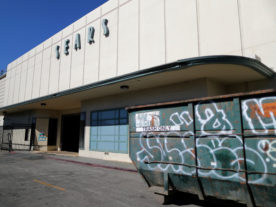
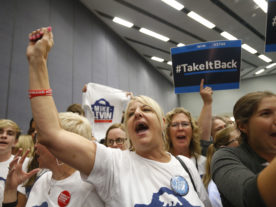




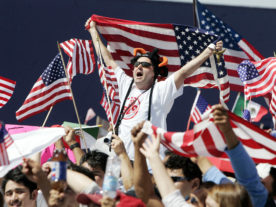
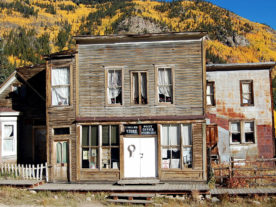
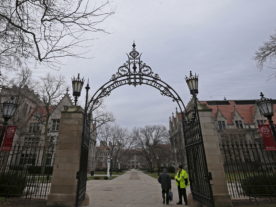
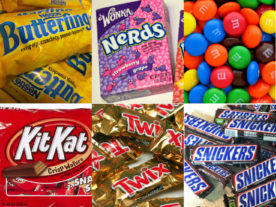
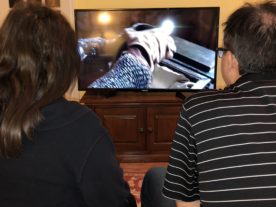
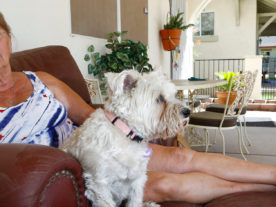




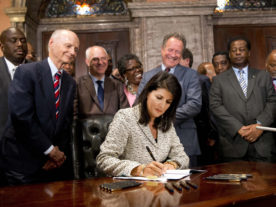

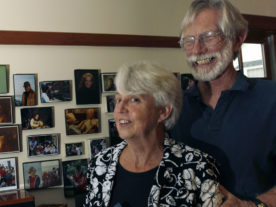


what a really beautiful idea! luckily in Madrid(Spain) we have lots of parks. But it will be a god idea to copy
I live in San Francisco, actually up the street from the above picture. We’ve been enjoying these parklets for years. They are a really nice break from all the concrete, and just being able to sit outside and eat.